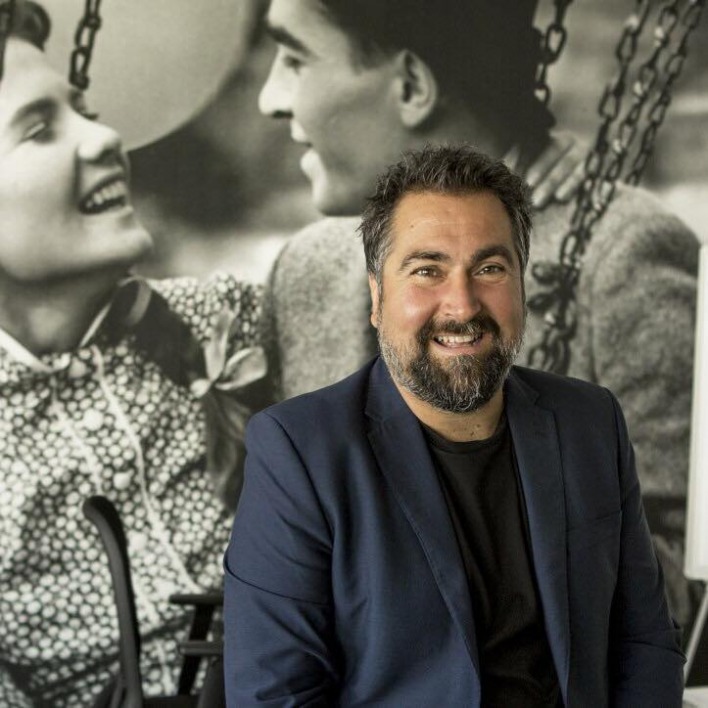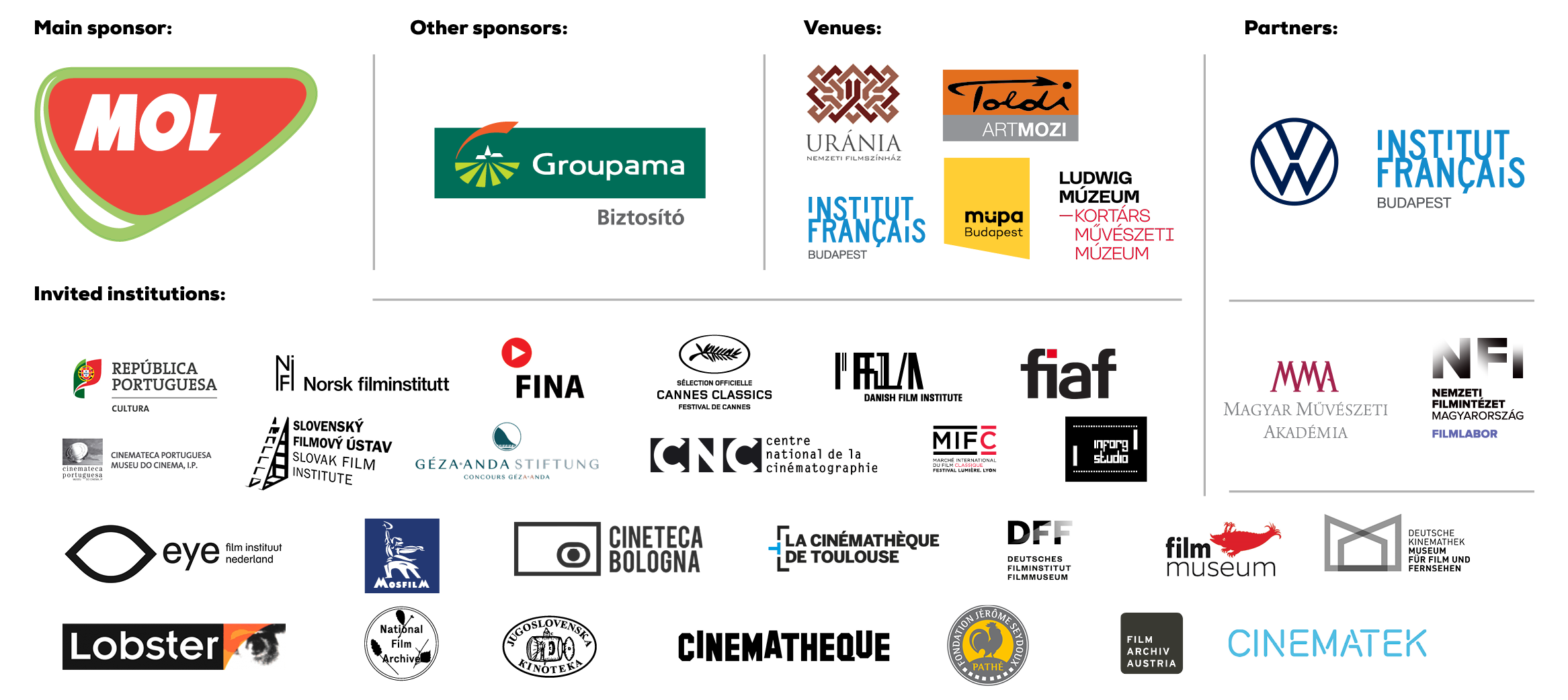From 21st to 26th September, the National Film Institute is organizing – for the fourth time – Budapest’s largest international film event, Budapest Classics Film Marathon. During the six days of the festival, audiences can watch more than 70 recently restored classic films in five themed blocks at various venues around the capital. To the delight of Budapesters, the square in front of St. Stephen’s Basilica is once again being transformed into a free open-air cinema on four evenings.
 |
The 120th jubilee of the birth of Hungarian film defines this entire year of the National Film Institute. The special anniversary inspired the historical exhibition Wide Angle – 120 Years of Hungarian Cinema in Ludwig Museum, and we are also organizing this year’s Budapest Classics Film Marathon under the umbrella of this landmark event. In the wake of the closures caused by the global pandemic, we consider it vitally important for film fans to once again be able to enjoy the experience of cinema together, on the big screen. Budapest’s biggest international film festival is organized at five venues including one of the most attractive squares in the city, in front of the Basilica, where there are free open-air screenings. Besides brilliant Hungarian films from the past 120 years, we will also be showing some of the finest international classics. This year’s Marathon features screenings of motion pictures picked from over 40 European film archives. Thus everyone is sure to find their own favourites. – Csaba Káel, Government Commissioner for the Development of the Hungarian Film Industry, chairman of the National Film Institute |

|
„This year is very special because we have the opportunity to celebrate several anniversaries that are important from the aspect of the history of Hungarian film. Cameramen of the Lumière brothers shot the first footage in Hungary 125 years ago, the first directed Hungarian film debuted 120 years ago, and 90 years ago Hungarian sound film was born, the first triumph of which, Hyppolit, a lakáj (Hyppolit, the Butler), remains enormously popular even after the passage of nine decades. In 2017, when we launched the Budapest Classics Film Marathon, we undertook to showcase Hungarian film history, the impact of Hungarian filmmakers on global film history, and the great classics of universal film history on the big screen. To achieve this goal, we called on the family of international film archives, which since then have continuously sent their restored precious films to the Film Marathon. This year, we are once again inviting all lovers of cinema on an exciting journey through time from the era of silent films to recent decades, thus paying tribute to the talent of great filmmakers and artists.” – György Ráduly, Director of National Film Institute Hungary – Film Archive |
